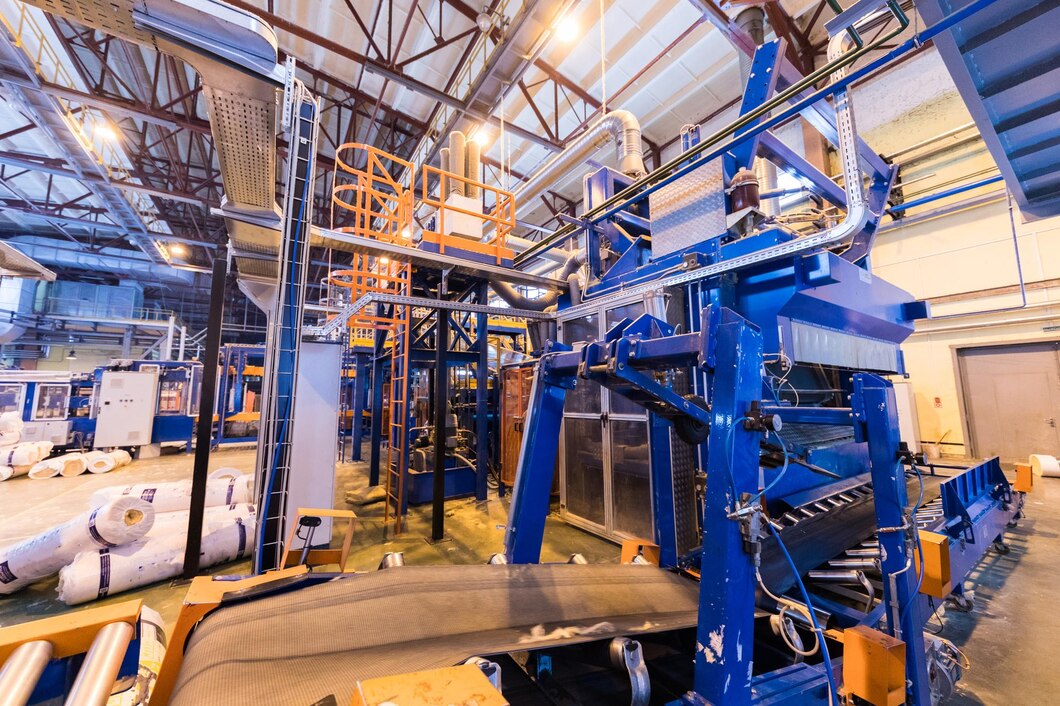Change is the only constant, especially in the world of modern business. Technological advancements, changing consumer preferences, and a constantly changing global economy demand companies to be agile and inventive. Innovation has evolved from a buzzword into a fundamental requisite for survival, distinguishing businesses and cementing their relevance amidst intense rivalry. Success is an organization’s propensity for swift adaptation and embracing fresh ideas.
Thomas Peter Maletta sheds light on the forces reshaping the global corporate landscape, emphasizing the role of innovation, digital transformation, and strategic leadership. His insights unravel what propels businesses to flourish or fail, providing knowledge critical for those aspiring to make a mark in the corporate world. This article offers insight into the present complexities of business and foresight into the forthcoming opportunities and challenges.
Understanding The Modern Market

Globalization has greatly reduced international trade barriers in today’s globalized world, paving the way for businesses to expand their operations across borders effortlessly. This unprecedented opportunity brings a more diverse consumer base and heightened competition, requiring businesses to stay vigilant and adaptable.
The digital transformation has revolutionized consumer behavior, making personalized experiences, seamless online services, and ethical branding the new standard. To thrive in this evolving landscape, companies must harness the power of data analytics to predict market trends and respond swiftly to changing consumer demands. By doing so, businesses can position themselves at the forefront of their industries and seize every opportunity for growth and success.
Technological Advancements
Thomas Peter Maletta says in the synergy of technology and business processes, adaptation leads to profound transformation, prepping companies for a future dominated by change. AI, cloud computing, and machine learning advancements revamp efficiency and productivity. Leveraging these technologies means automating complex tasks, extracting valuable insights from large datasets, and providing solutions previously unimaginable.
Emerging technologies like blockchain, IoT, and AR have become potent tools for business innovation. Blockchain offers security beyond cryptocurrency, IoT provides real-time analytics, and AR creates immersive customer experiences. Integrating these tech advancements necessitates a strategic approach focused on understanding their impact, training employees, and aligning with business goals.
The Human Element
The significance of the human element within businesses cannot be overstated. To stay ahead, cultivating a skilled workforce is imperative. This requires continuous education tailored to technological and business shifts.
Corporate culture greatly influences agility; it’s the cornerstone of adaptability. A collaborative culture that embraces change encourages teams to respond promptly to market fluxes. Leadership’s role is just as crucial, requiring a vision that foresees changes and inspires teams to be resilient and welcoming of transformation.
Strategic Thinking
Business leaders face the challenge of balancing long-term objectives with immediate actions. Through careful planning, analysis, and forecasting, long-term strategies support sustained growth and competitiveness in a changing business landscape. Short-term plans focus on immediate goals, ensuring cash flow and quick victories. Effective risk management, proactive thinking, and ongoing learning are crucial for maintaining a competitive edge. Finding the right balance between long-term strategies and short-term plans is key to achieving sustainable growth and success.
Customer-Centric Approach
Thomas Peter Maletta advises that a consumer-centric mindset strongly emphasizes tailoring strategies and approaches to meet customers’ ever-evolving preferences and expectations effectively. It recognizes the immense value of customer feedback, which serves as a compass guiding product development, refining services, and fostering innovation.
This commitment to customer involvement extends beyond mere transactions, creating personalized experiences that forge deeper connections, cultivate loyalty, and ultimately distinguish businesses in a highly competitive market landscape. Organizations can build strong and enduring relationships by continuously adapting and responding to customer needs, ensuring sustained success and growth.
Navigating Regulations And Compliance
Adapting to shifting regulations can be a complex and challenging process. However, ensuring compliance and promoting ethical operations is necessary, which helps build trust and maintain a solid reputation.
This is especially important for global organizations, as international compliance requires thorough due diligence and continuous regulatory training. By staying informed and proactive, organizations can navigate the intricate landscape of regulations and demonstrate their commitment to responsible business practices.
Sustainable Practices
Sustainable practices enmesh economic, social, and environmental considerations into business strategy. Companies adopting comprehensive sustainability initiatives, such as green policies or supporting social causes, resonate with consumers and contribute to societal well-being.
Environmentally, this means evaluating the company’s impact and implementing eco-friendly processes. Economically, sustainable operations foster resilience and take a holistic view of resource impact, promoting a thriving economy where business and environmental health support one another.
Conclusion
Businesses poised to succeed must anticipate change, using it as a catalyst for innovation and advancement. The volatility of the business landscape offers immense opportunity to those who navigate it skillfully. Remaining informed, adaptive, and ethical amid shifting market and global challenges will distinguish thriving businesses.
As we evolve in this environment, companies must be primed to recalibrate their strategies with agility and head towards a future where profitability aligns with a positive societal and environmental footprint.
Read Also:






Leave A Comment